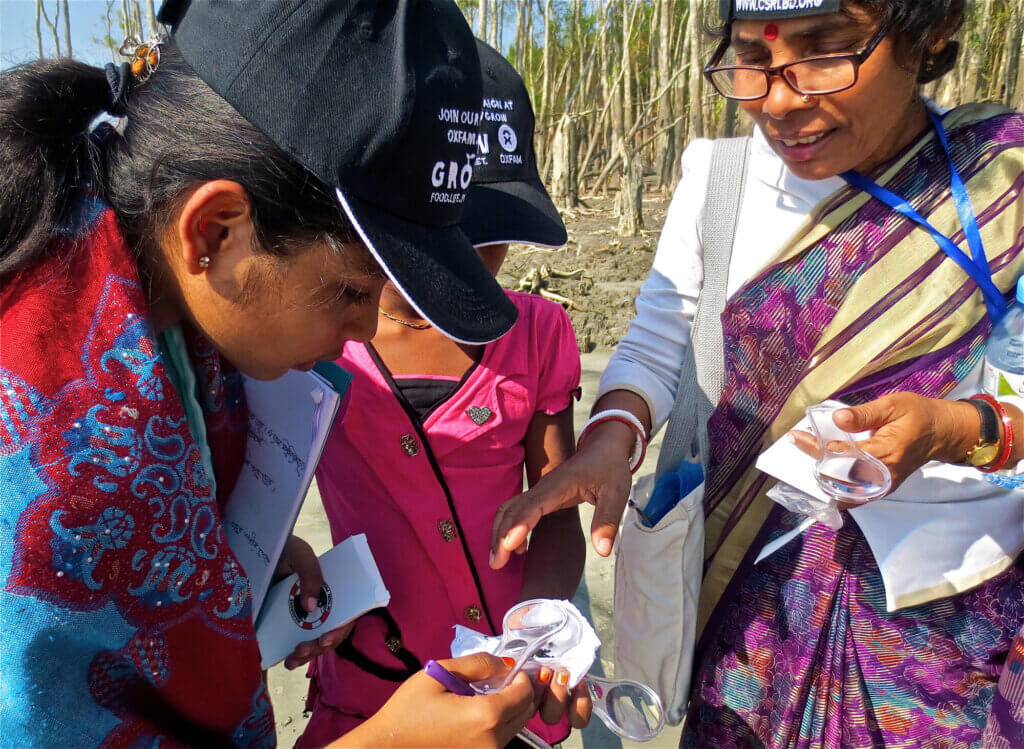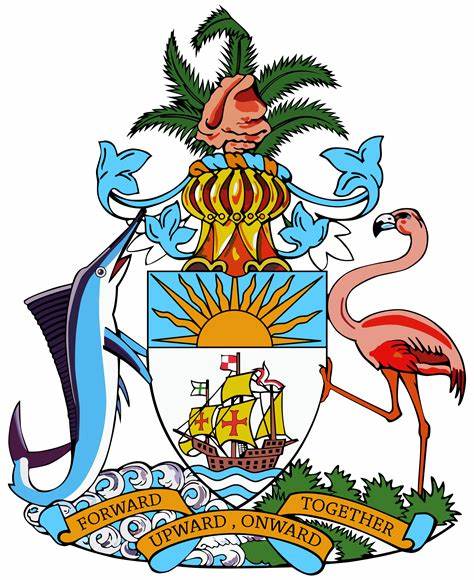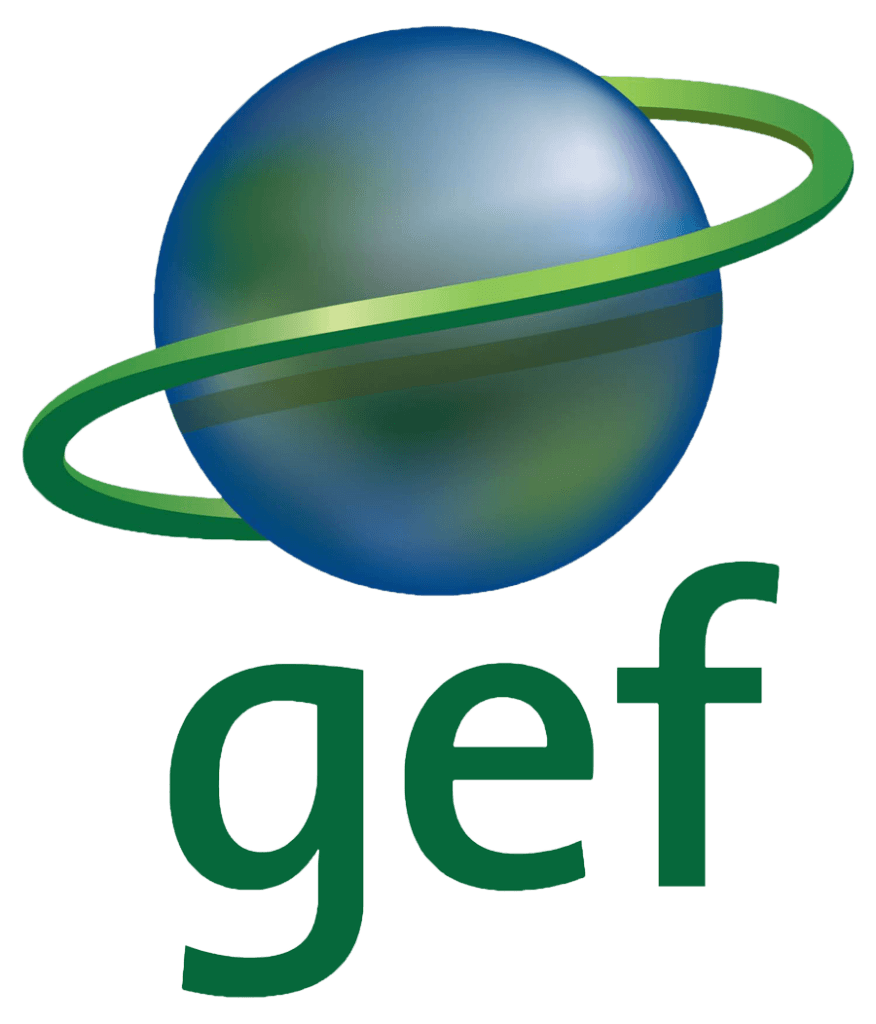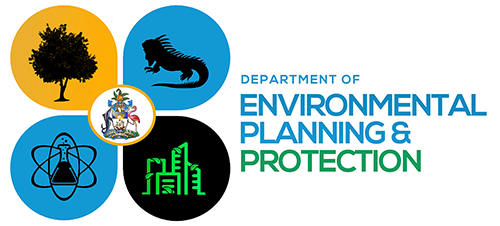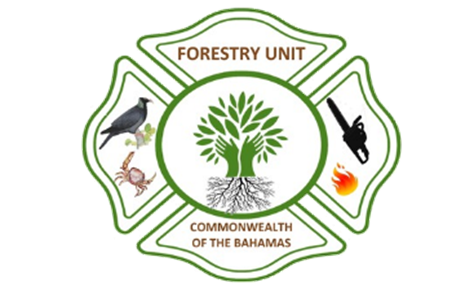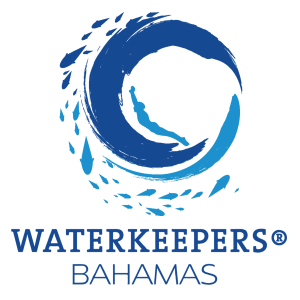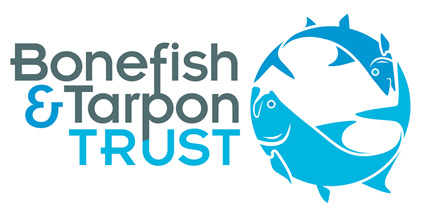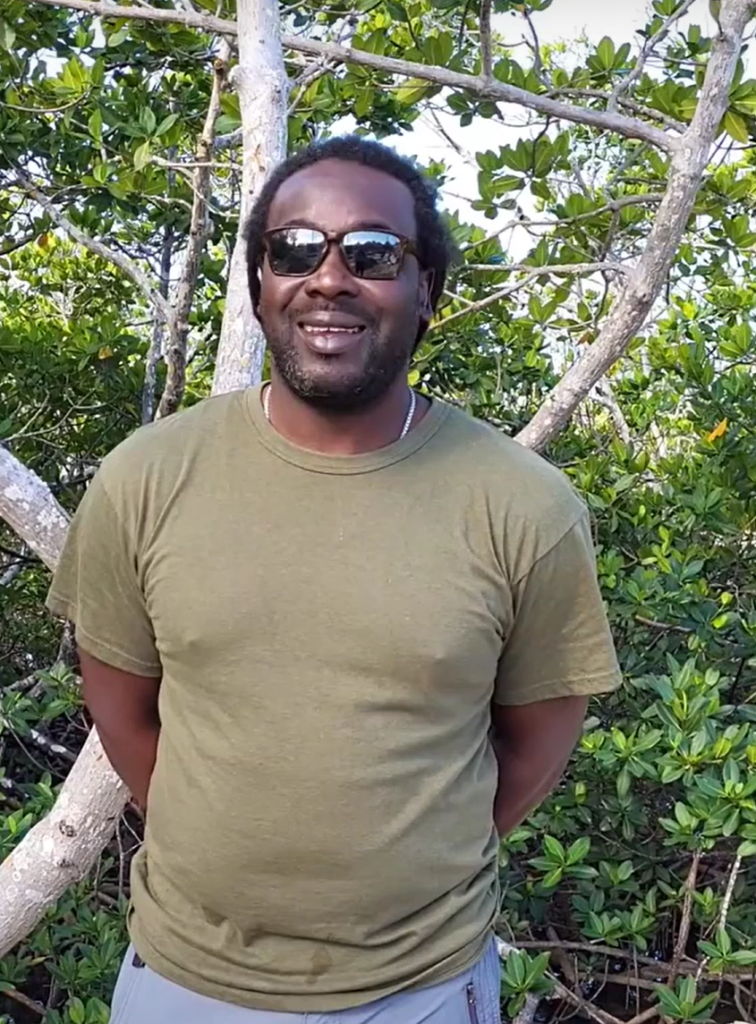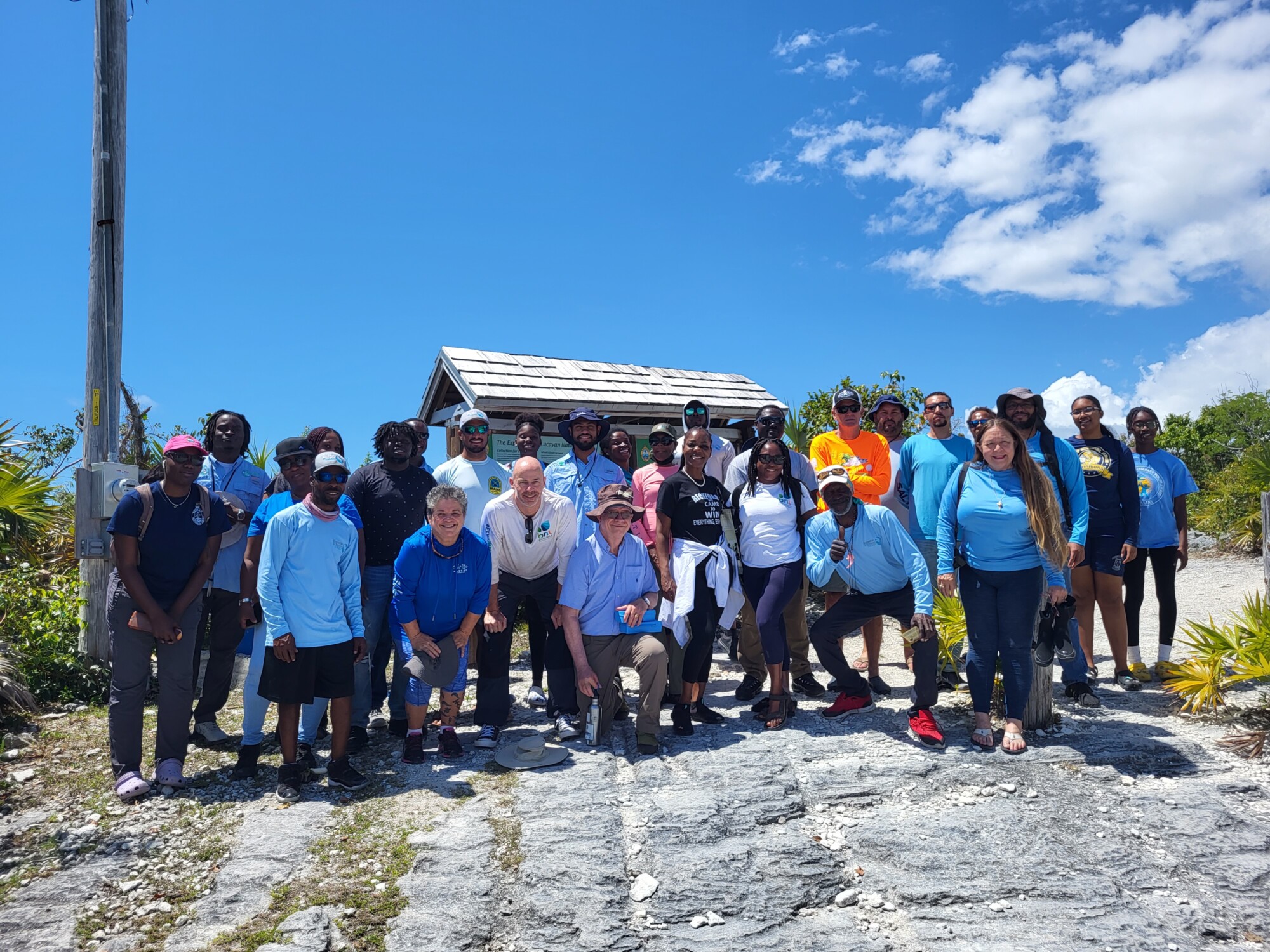
Delivering mangrove restoration best practices in the Bahamas
Location: Bahamas
Timeline: March – April 2023
Goal: To support local mangroves restoration efforts and implement best practices for future management
Partners
Mangrove recovery efforts are ongoing following the devastation of Hurricane Dorian in 2019
So far, conservation efforts have seen 48,000 red mangroves planted between two key islands
MAP’s CBEMR teachings build capacity and improve these efforts to restore vital mangrove forests in the Bahamas, using planting where necessary.
What we did
Mangroves are an incredibly important ecosystem for communities in the Bahamas, protecting against coastal erosion and providing a vital habitat for various marine species that are crucial to local fisheries and tourism. However, the mangroves are facing a range of manmade threats, including pollution, coastal development, and encroachment, while climate change factors such as rising sea levels and storms put additional pressure on these ecosystems. Degradation of mangroves in the Bahamas could have serious consequences for the island and wider Caribbean region, which is why the work being done to restore them is so critical. Our mangrove restoration projects in the Bahamas sought to build on existing restoration efforts and enhance knowledge of mangrove management to ensure the successful recovery and management of these vital ecosystems.
The first of our workshops was hosted on Andros Island as part of the Davis Creek Mangrove Restoration Project under the GEF-funded Bahamas Pine Islands Project. Over 8 days, 53 people learned best practices in mangrove management and restoration and were introduced to relevant mangrove ecology and science that underpins ecological mangrove restoration. The second workshop was held on Grand Bahama for the Bonefish and Tarpon Trust (BTT) and Waterkeepers Bahamas (WKB), two groups that have been collaborating with numerous partners to kickstart the recovery of mangroves in Grand Bahama and Abaco following Hurricane Dorian in 2019. So far, BTT and WKB have planted 48,000 red mangroves between the two islands. Backing this work, our training aimed to build capacity for project stakeholders and support planting and restoration to improve efforts to bring back these vital forests.
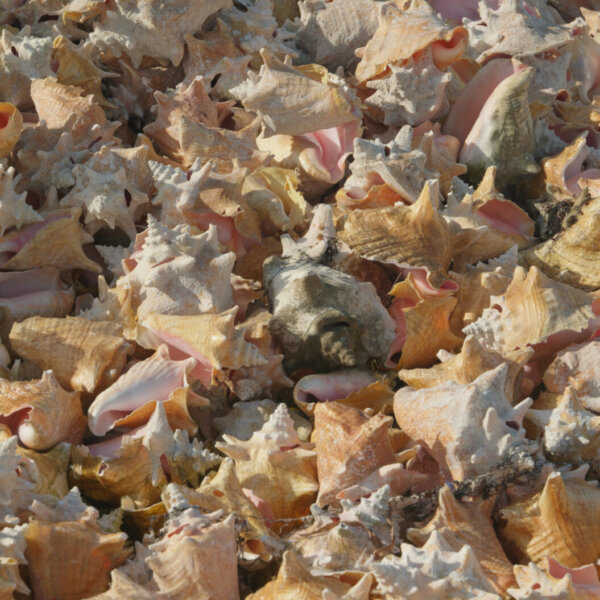
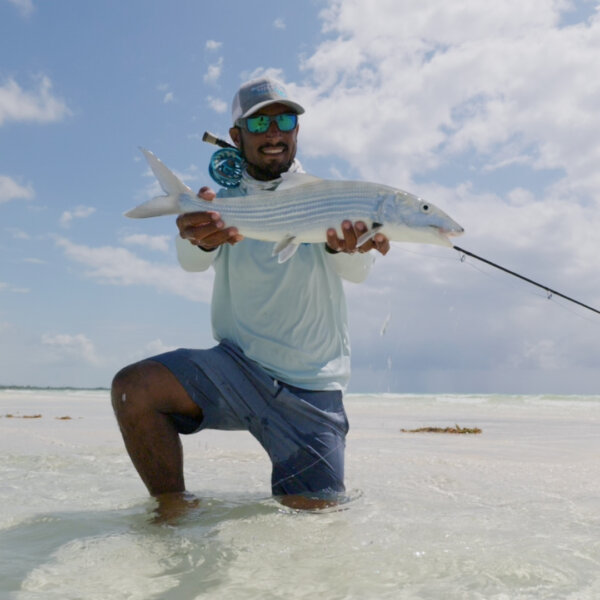
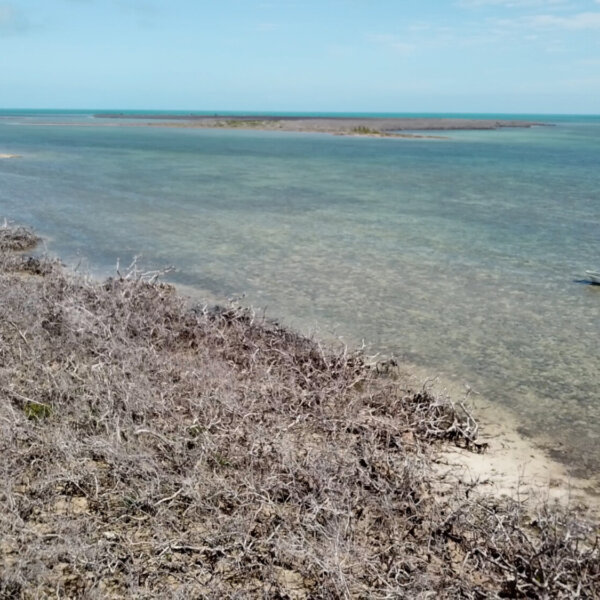
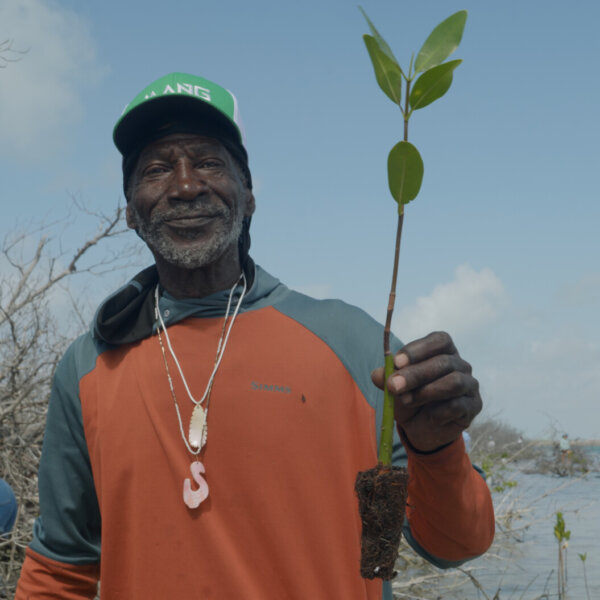
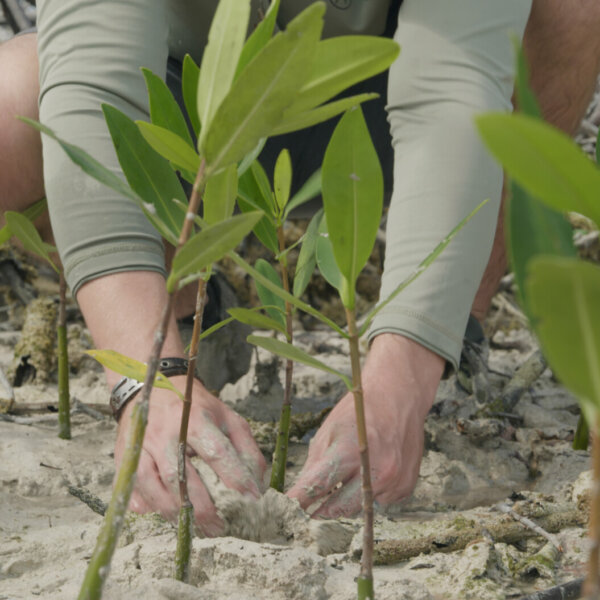
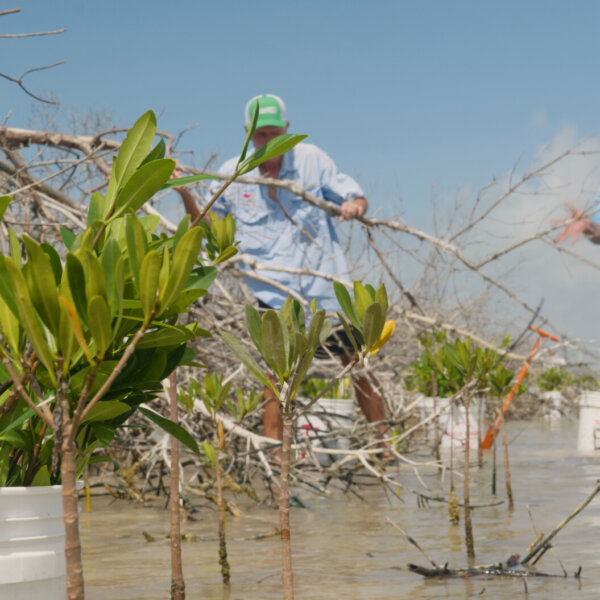
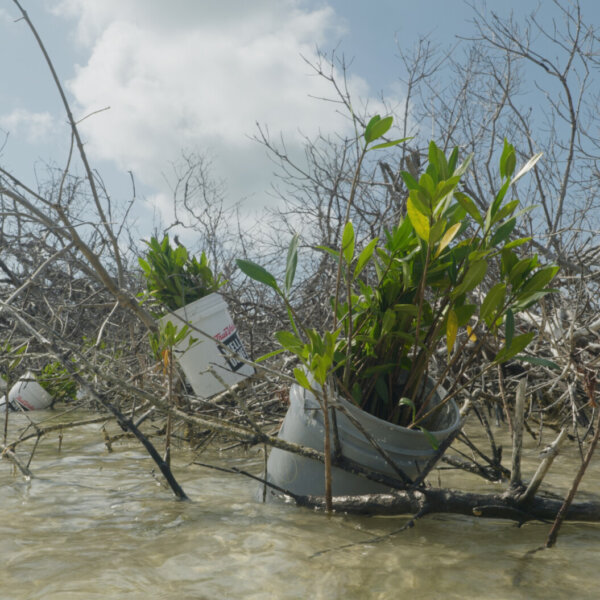
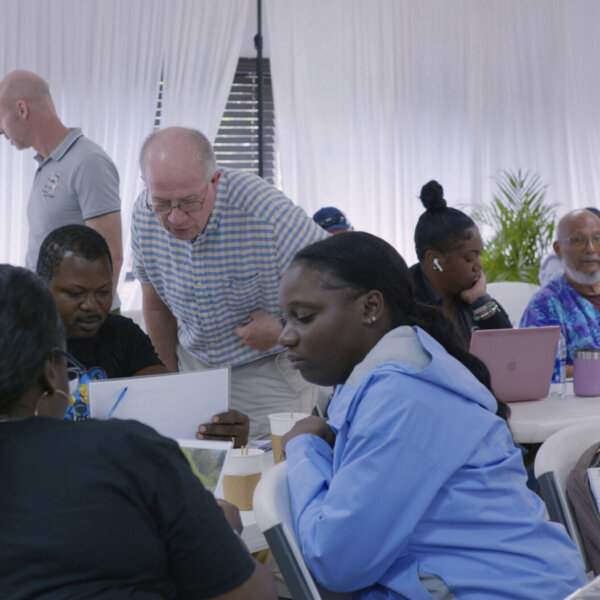
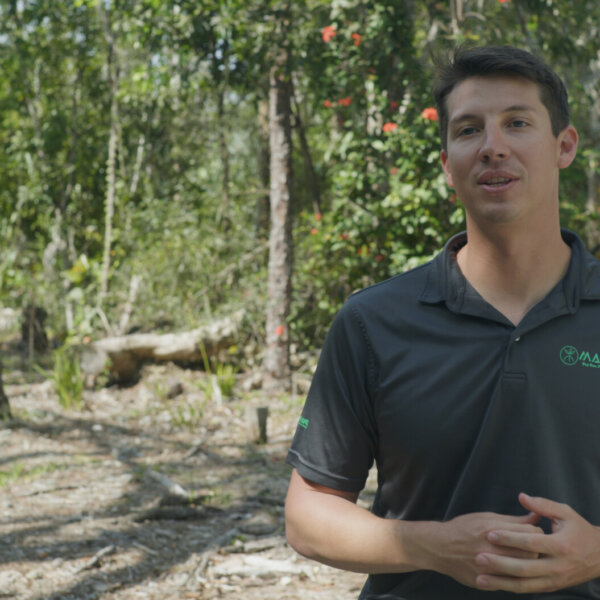
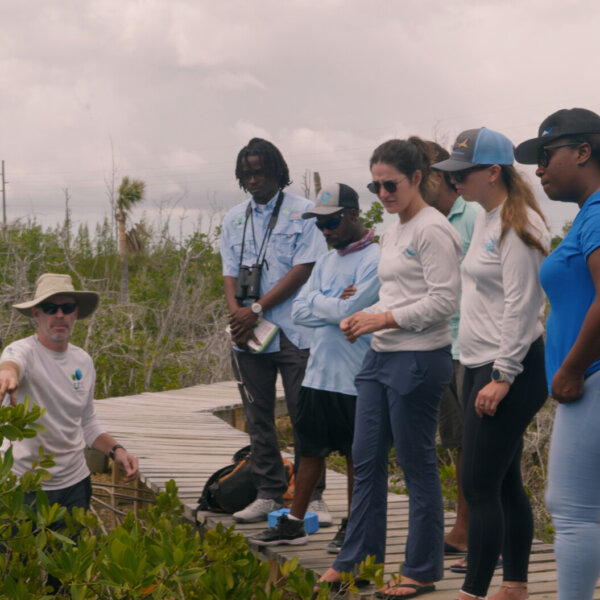
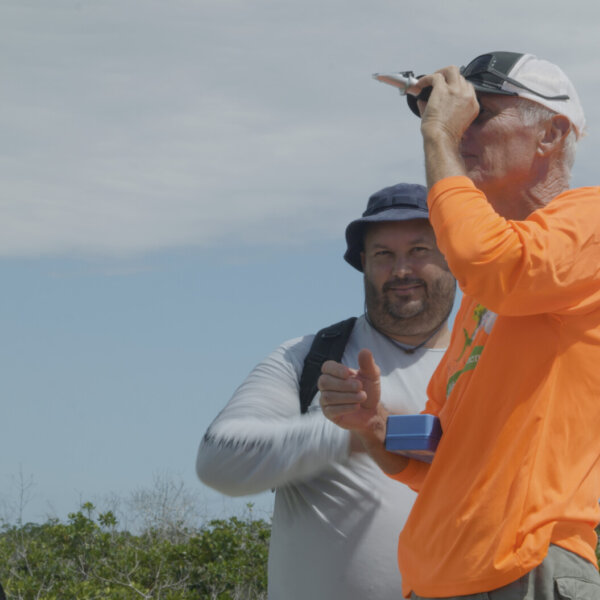
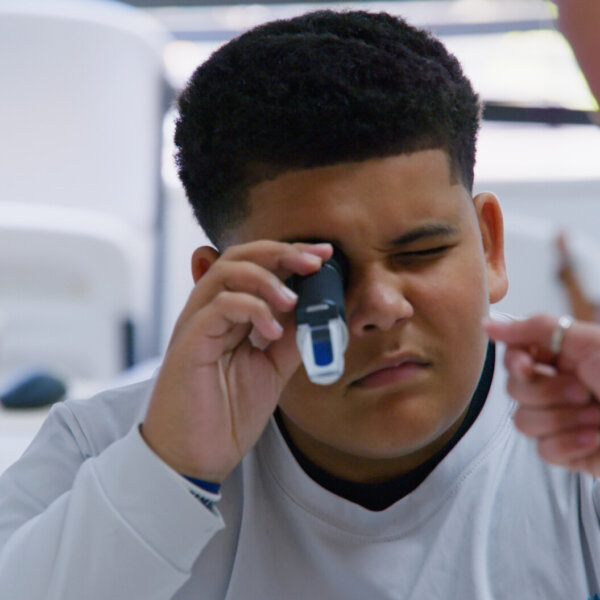
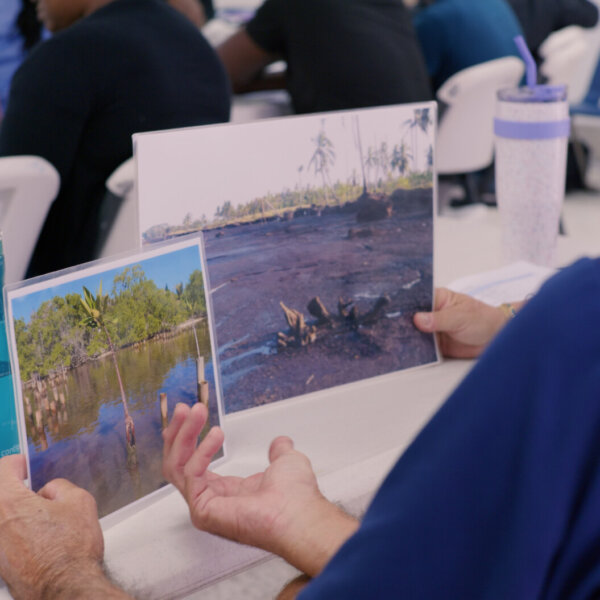
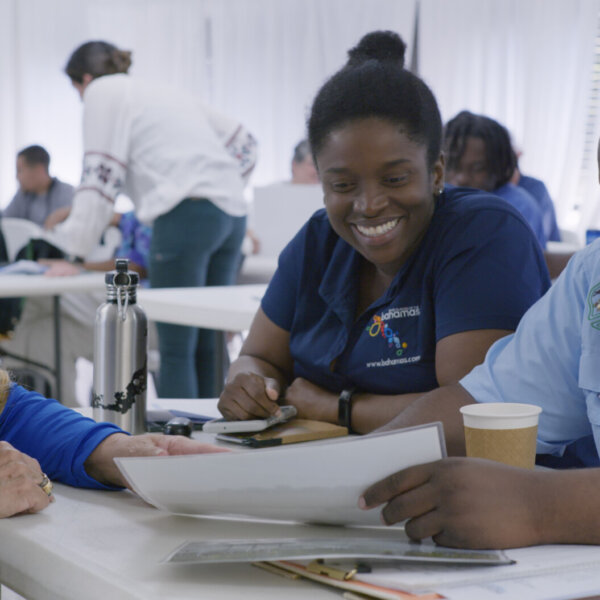
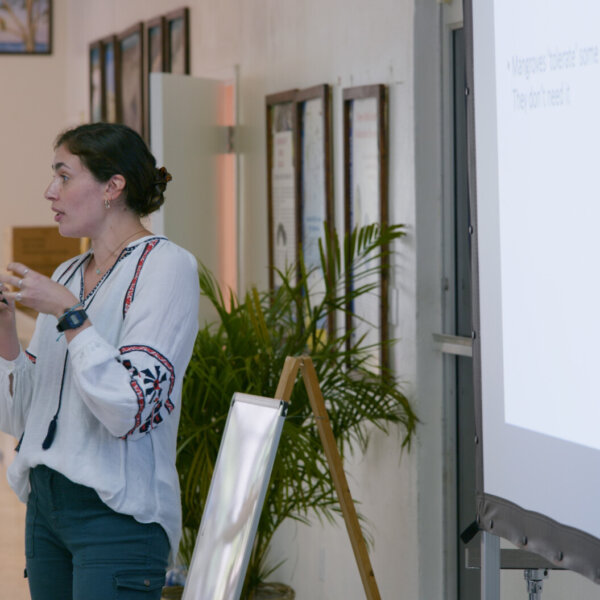
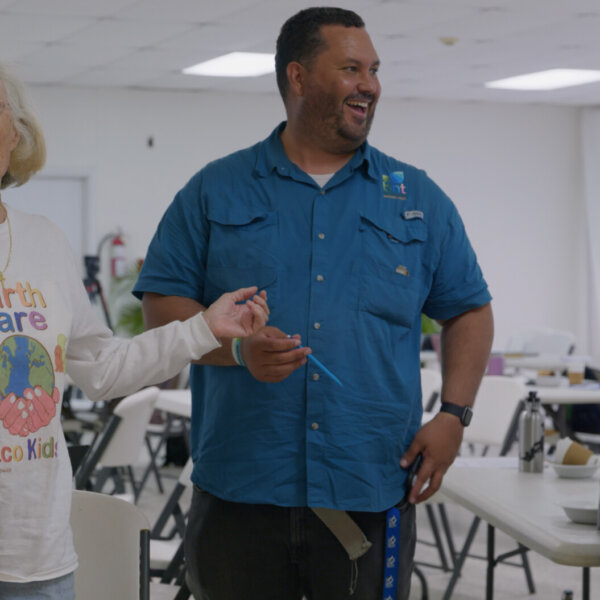
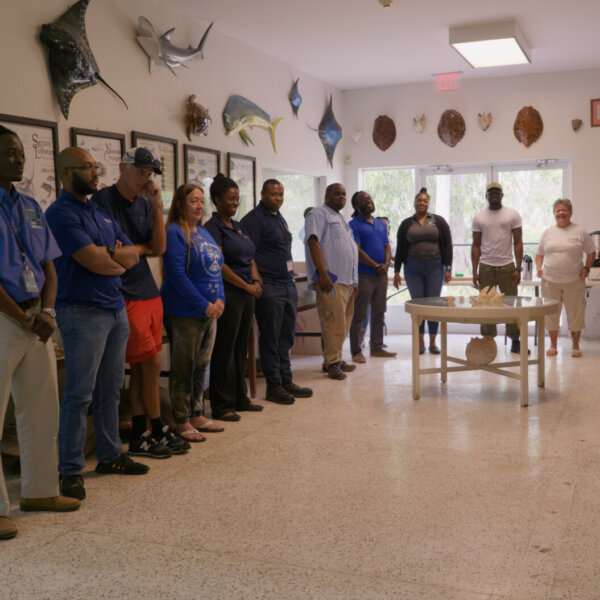
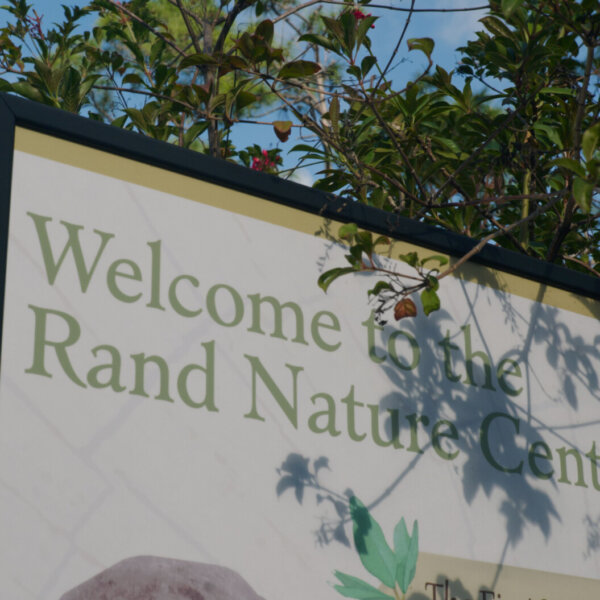
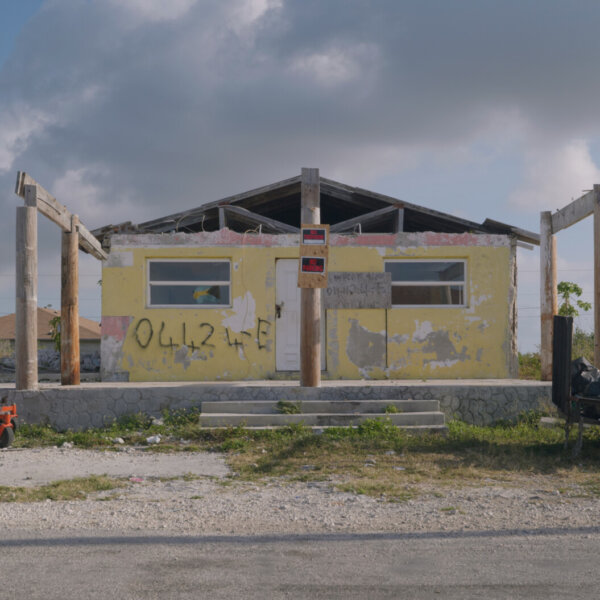
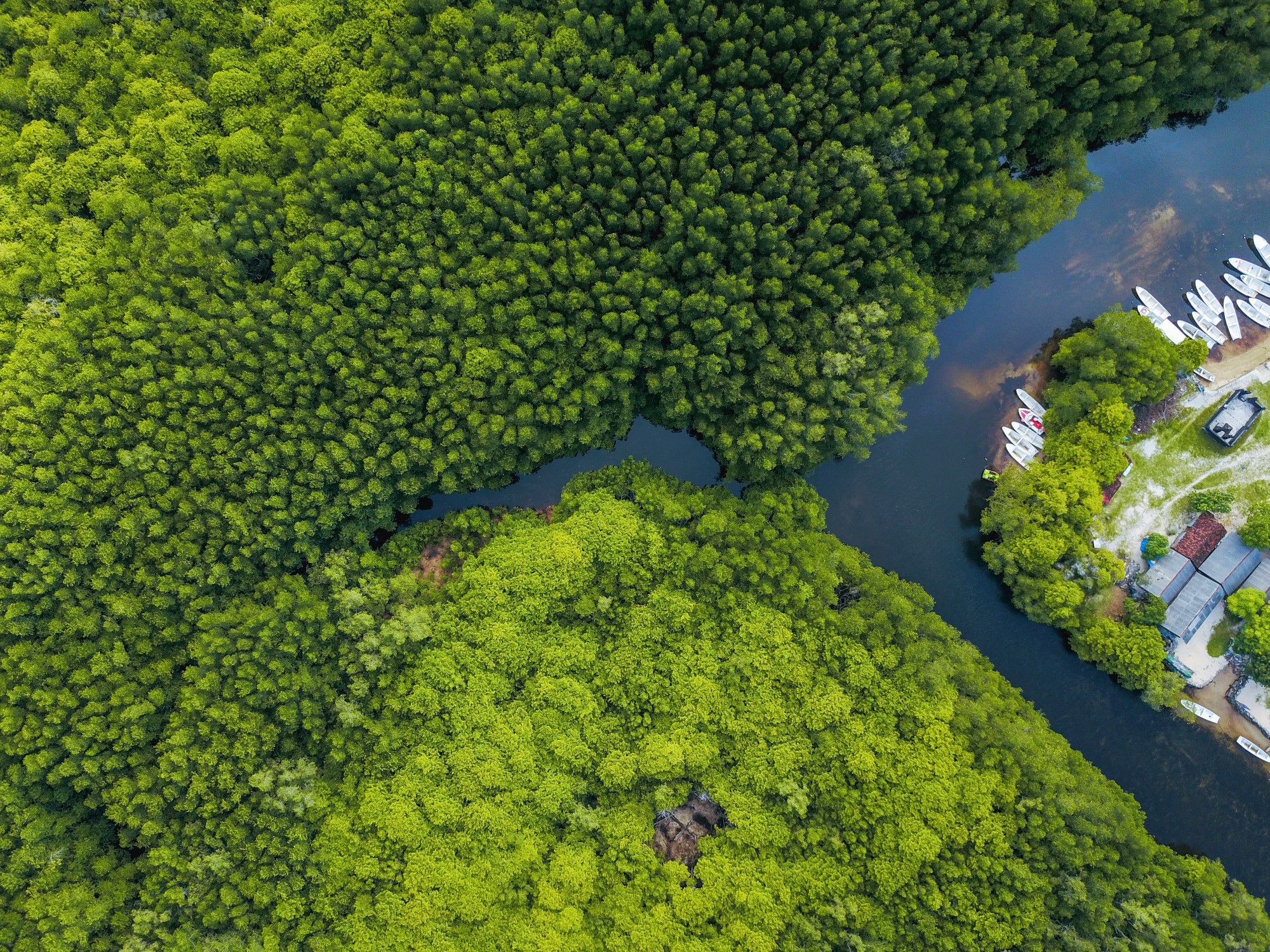
Interested in asking MAP to help with your local mangroves?
Get in touch with us at dominic@mangroveactionproject.org
Related work
- Read more about Restoring vital ecosystems in Kenya
Restoring vital ecosystems in Kenya
Location: Kenya Timeline: 28th Feb - 21st March 2022 Goal: To share the knowledge and tools for restoring mangroves: a vital…
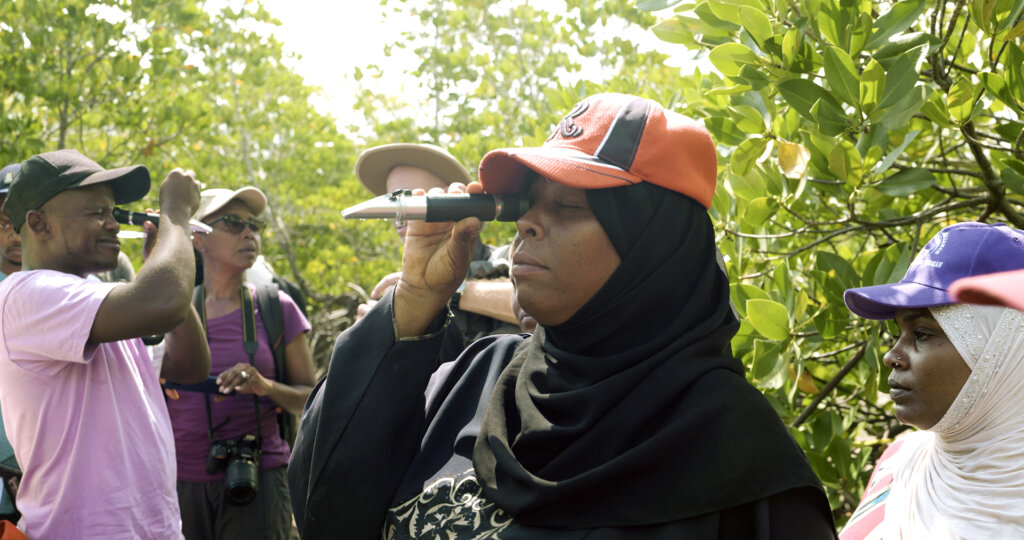
- Read more about ‘Marvellous Mangroves’ student education & Mangrove Restoration Training in Suriname
‘Marvellous Mangroves’ student education & Mangrove Restoration Training in Suriname
Location: Suriname Timeline: May 2019 Goal: To conduct an interdisciplinary training course that helps students explore and understand the function…
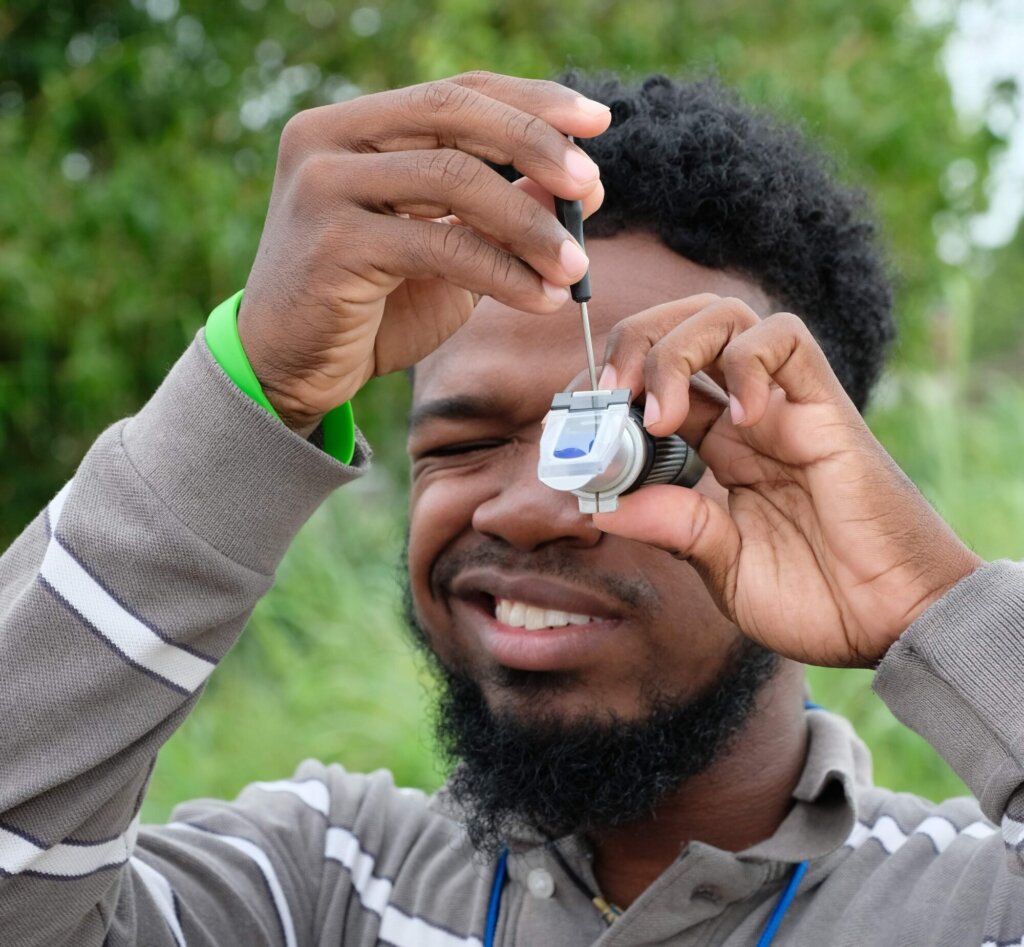
- Read more about Bringing Mangrove Education to Schools in Bangladesh
Bringing Mangrove Education to Schools in Bangladesh
Location: Khulna, Bangladesh Start Year: July 2013 Timeline: 8 days Goal: To deliver Marvellous Mangroves workshops to rural schools in…
